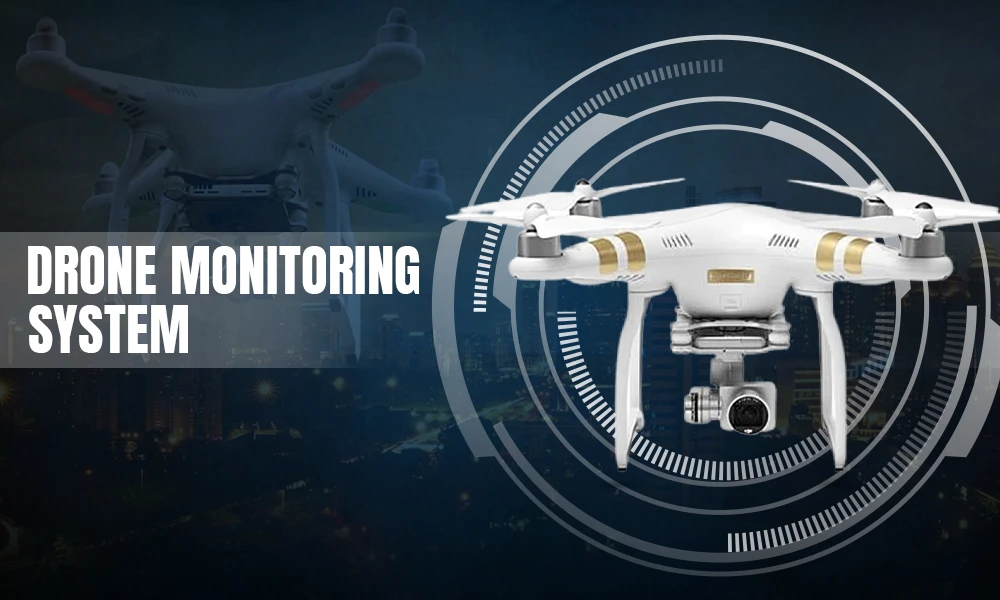How Can AI Help Create Better Leaders?

Artificial Intelligence (AI) is an essential pillar of the economy in today’s world, increasing at a breakneck pace. AI has completely changed our way of working and thinking. One of the reasons AI is becoming more and more popular is its ever-increasing opportunities and development in almost every field of science and technology. But development is not just confined to science and technology. The development is spreading to different domains like finance, banking, defense, education, businesses, etc. In the coming years, AI can aid progressive mindsets to cope with such constantly evolving technology. It will even help in the evolution of humans, helping them create better leaders.
What is Artificial Intelligence?
Basically, AI (Artificial Intelligence) refers to systems or machines that accomplish tasks by mimicking human intelligence and may iteratively improve itself based on the data they collect. AI is actually about the process and the ability to think faster and analyze data than any specific structure or function. Although pictures of androids, human-like robots taking over the globe conjure up images of AI taking over the world, AI means no harm to Humanity. Its goal is to improve human skills and contributions.
AI can offer value to your organization in many ways. AI is powered by various forms of machine learning that recognize patterns in data to enable predictions. Providing a more detailed image of the massive amount of data available using predictions to automate too complicated or routine tasks is also one of the advantages of using AI.
Artificial Intelligence for Leaders
The very nature of labor will alter as a result of AI and automation. Leaders mustn’t overlook AI and data-driven transformation. Working out how to employ AI, dealing with people-related issues, avoiding AI’s ethical problems, ensuring one has the right technology in place, and so on are all important considerations for today’s and tomorrow’s business leaders. The importance of what it means to be a good leader will also be altered due to the technological revolution. As a result, it’s understandable that company leaders will need to adjust as the intelligence revolution unfolds. The way we operate organizations will evolve, and future leaders will require a slightly different set of talents than current leaders. Therefore, an introduction to Artificial Intelligence would not be amiss for gaining more knowledge.
Following are the benefits of incorporating AI in leadership roles:
Enhanced Agility:
AI will improve the leaders’ agility so that, in every situation, leaders will accept changes with an adaptable spirit. Agile leaders will know how to shift gears and look at problems from several angles, and they foster an environment where failure is accepted as part of success and decisions are made based on sound judgment. More agile leaders will aim to develop their organization’s leadership potential in all situations.
Improved Diagnostic Ability:
We can use AI to improve leaders’ diagnostic abilities, ensuring a significantly better chance of succeeding. When a leader can incrementally define and describe a specific task, determining the readiness of the follower in question to complete it becomes significantly less complicated. This method raises the chances of a “match” in leadership styles, rapid development, and achievement of desired results.
Reduction in Errors:
One of the most significant benefits of AI for future leaders is that it can significantly reduce errors and increase accuracy and precision. The decisions made by the future leaders using AI at certain stages will be determined by previously collected information and a specific set of algorithms.
Improved Vision:
Vision has always played an essential role in effective leadership. But in an age of Artificial Intelligence marked by rapid technology and disrupted business models, a clear vision is even more critical because it will clarify where to go, what to do and why. A leader has been engaging and providing meaningful answers to these situations to communicate them better. In addition, the vision allows the manager to make the necessary organizational transformations without giving in to short-term gains.
Adaptability:
The disruption of AI could cause systems to become obsolete faster than most people can keep up with. Therefore, one of the critical leadership skills that AI can improve is facing the unknown and quickly forgetting and relearning new things. As a result, leaders will soon have to abandon their old methods and accept new, sometimes risky procedures. They will also get the courage to recognize their weaknesses and be willing to learn and improve.
Difference:
The hallmark of a great leader is the balance between confidence and humility that they carry and allow them to take on challenges. As AI is full of risks and undertakings, it will prepare the leaders mentally for every situation that can even lead to their humiliation. Managers should, thus, be geared towards the skills of their team and should not overestimate themselves when faced with challenges.
Taking Responsibility:
Organizations will become more open and collaborative as AI becomes prominent in different fields and more teams engage in project-based partnerships. Thus, leaders will be more transparent and accountable for their teams’ decisions. They will learn to take responsibility for what must be done and inspire others to accomplish overall accountability.
Changed and Adaptable Mindset:
In the age of AI, changing one’s mind, which is frequently seen as a sign of weakness or lack of conviction, should be seen as a strength because it improves decision-making. Adaptable leaders aren’t hesitant to try something new when the circumstances call for it. Their adaptability helps them face problems with a focus on learning rather than being right. Adaptability at the organizational or personal level entails being open to new ideas, changing one’s mind even if it hurts or threatens one’s ego, and expressing that unique perspective to others effectively.
Accountability Gains:
Efficiency and productivity profits are the most frequently noted advantages of enforcing AI in various sectors. It handles obligations at a tempo and scale that human beings cannot match. At the same time, by casting off such duties from human employees’ responsibilities, AI permits employees to transport to higher-fee obligations that technology cannot do. This allows groups to reduce the fees related to appearing mundane, repeatable obligations that may be accomplished through technology whilst maximizing the expertise in their human capital.
Conclusion
At some point in our history, likely with the arrival of language, leadership transitioned to cognitive skills, setting a top class on intelligence and understanding, on the fee of pressure and strength. By the same token, one might count on the cutting-edge AI revolution to commoditize and automate the data-pushed management issue, delegating the gentle factors of control to humans. In an AI era characterized by severe disruption and rapid, ambiguous change, we need to reconsider the essence of decisive leadership, and a course on Artificial Intelligence for leaders can prove significantly feasible for gaining the required skill set. Certain qualities, consisting of deep area understanding, decisiveness, authority, and short-time period assignment focus, are dropping their cachet. At the same time, humility, adaptability, vision, and steady engagement are probably to play a key function in more-agile sorts of leadership.










